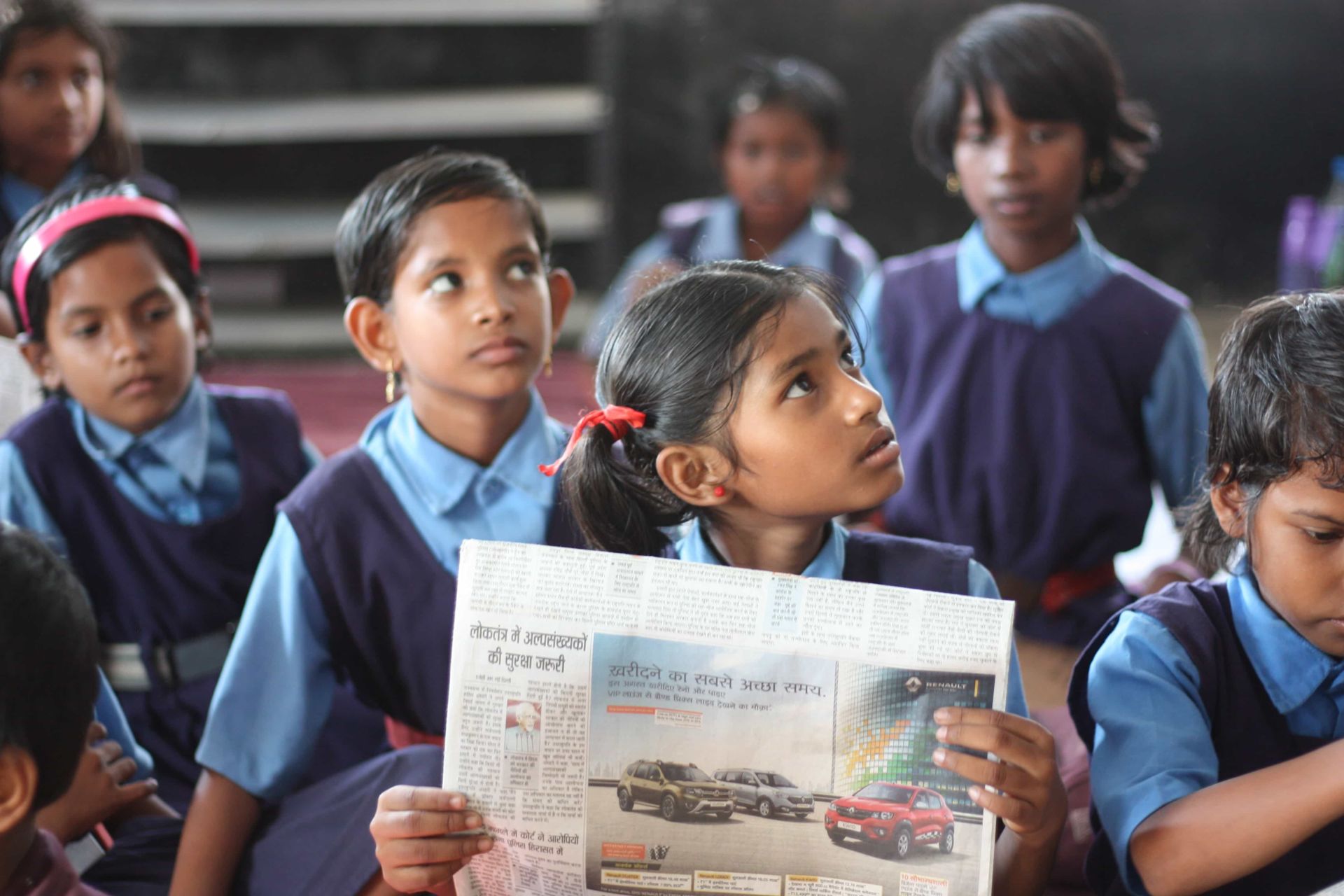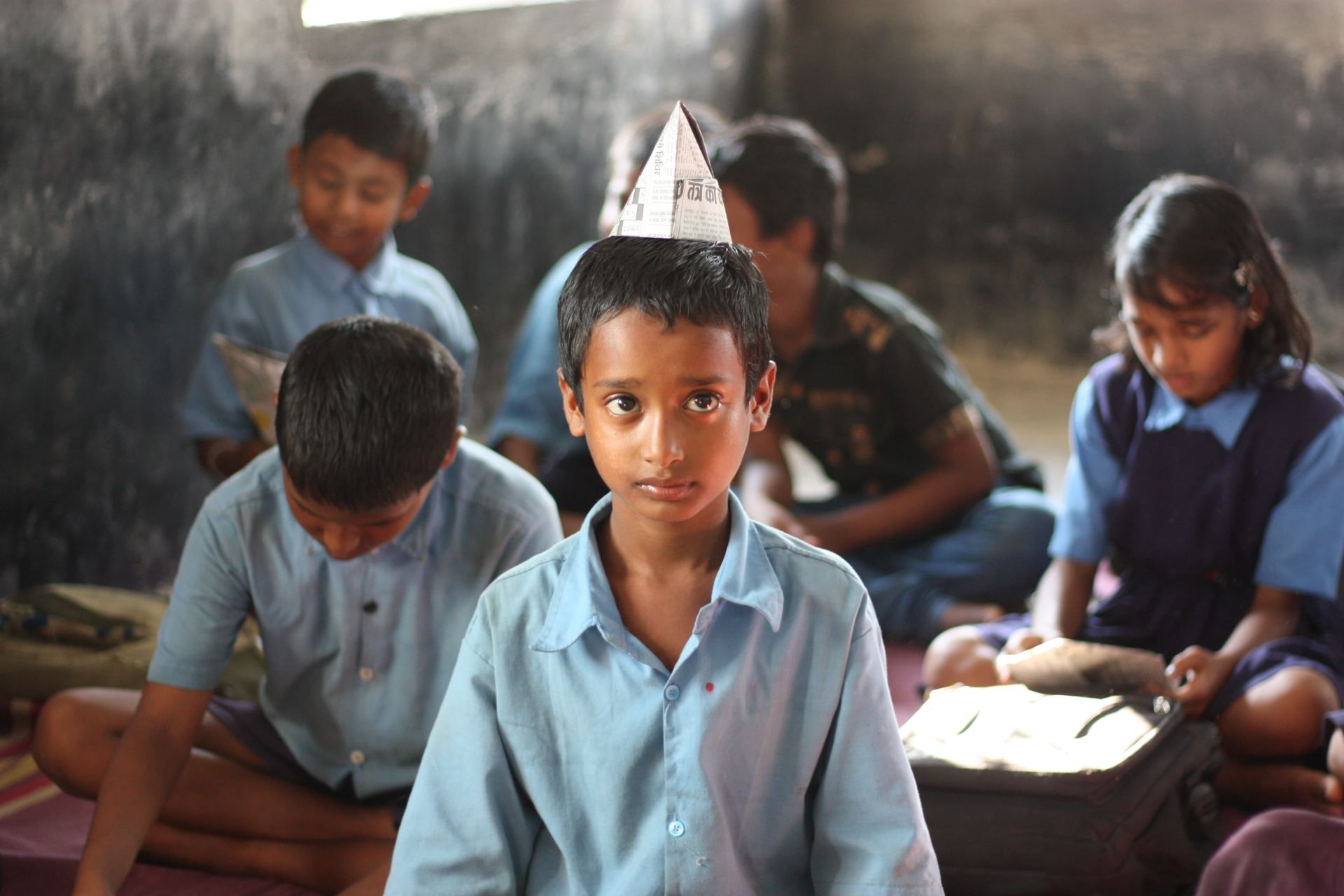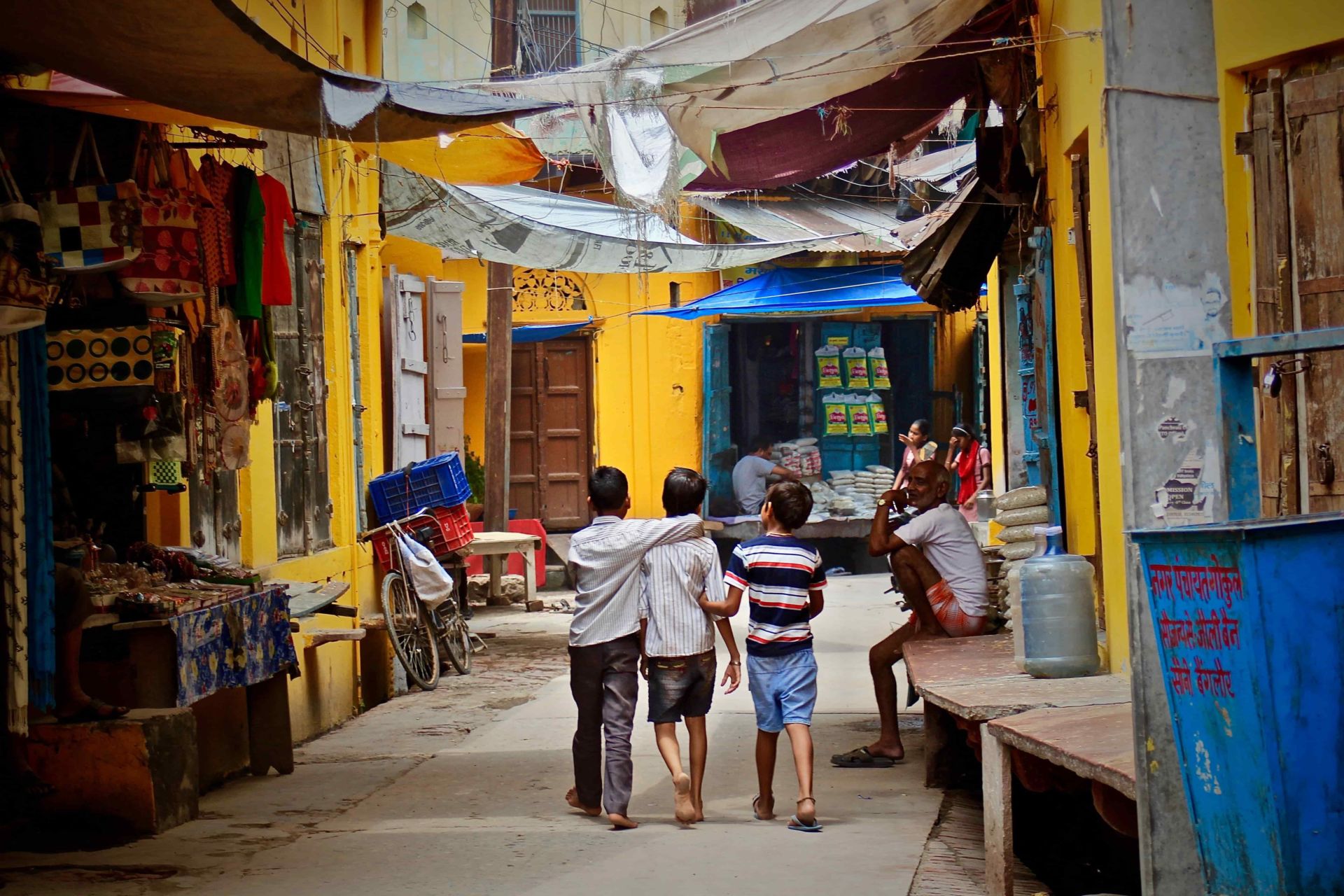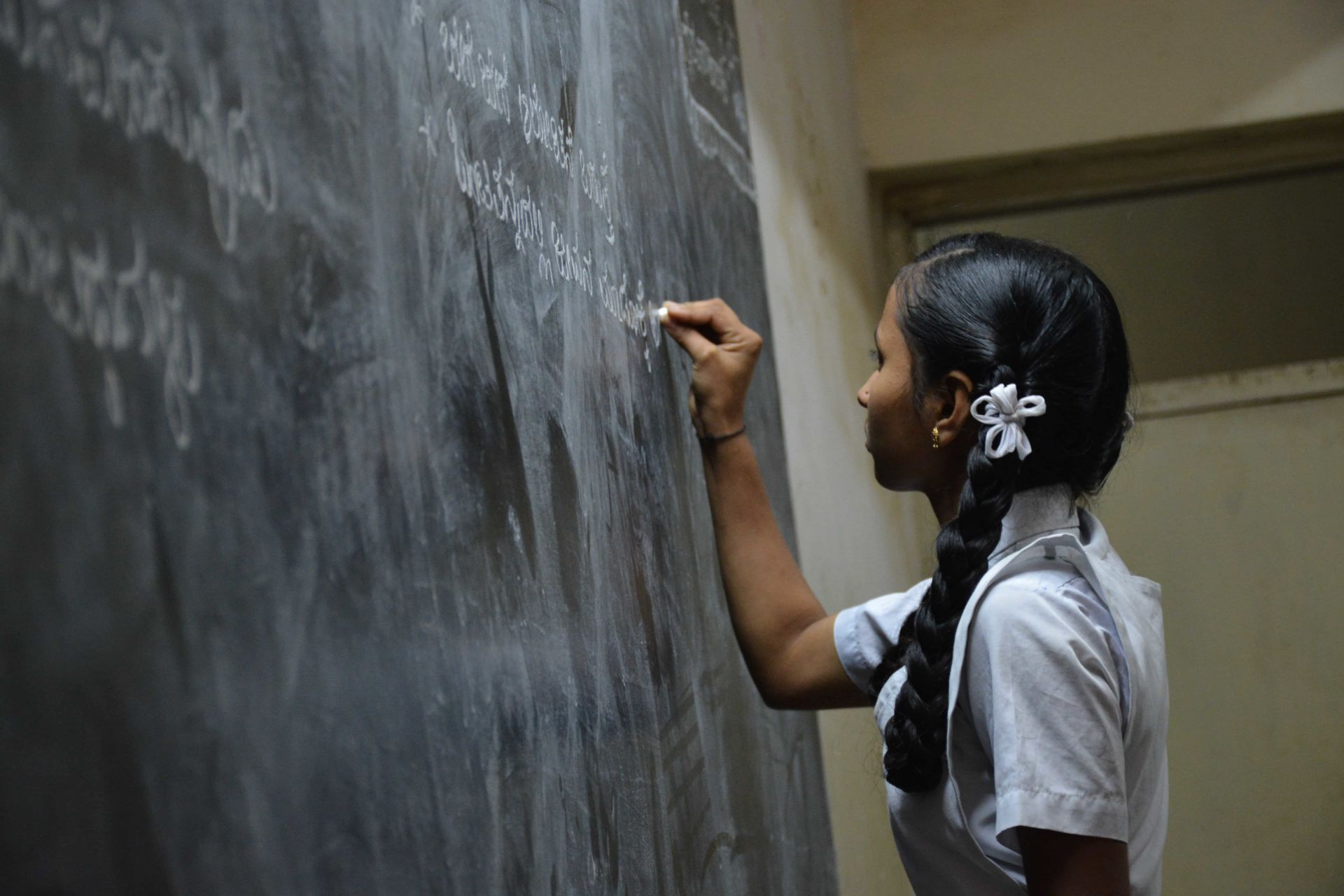India enacted the Right of Children to Free and Compulsory Education Act, 2009 (RTE Act), effective as of 2010 (Government of India, 2009). This Act is still not fully implemented in many schools in India. It is imperative to understand the history of the RTE Act and why it was created. According to The Gazette of India, a document by the Government of India (2009) states that section 3(1) Every child between the age of six to fourteen years shall have the right to free and compulsory education in a neighborhood school to completion of elementary education.

Every child should have an equal right to inclusive education with a better quality of teaching resources, equal treatment towards all children regardless of their background, access to a safe milieu, which allows all children to feel secure when attending school and learning. Currently, many underprivileged children in India cannot access private schools due to their lower socioeconomic status.
According to the RTE Act, only 25 percent of the seats are reserved for children with lower socioeconomic backgrounds. There is another term known as ‘freeship seats,’ which refers to children not paying school fees until completing their studies. For example, if a child has been selected for admission in a private school, they do not have to pay any tuition fees. It is free admission for them in a private school.
Secondly, a lottery system exists in India, where parents apply for freeship seats to enroll in a private school. For instance, if a family has four children, only one child from their family may be selected to access a freeship seat in a private school in their neighborhood. Education in government schools in India is not considered to provide a high quality of learning to children.
Therefore, many studies conducted among the underprivileged households show that parents prefer to admit their children to private schools instead of government schools. This is due to parents’ perceptions of how in government schools, teachers do not have better qualifications. The lack of access to adequate resources results in children not learning the skills they need to grow and flourish in all four domains of their development (physical, socio-emotional, language, and cognitive).

There is a term called ‘silent exclusion,’ which is defined as students experiencing higher absence and dropout rates and poor performance, which later places them at risk. ‘Silent exclusion’ can be understood when children are discriminated against in their classroom due to their caste and socioeconomic status. For instance, in a study by Nambissan (2009) conducted among Dalit students in India, teachers used derogatory names to call students from lower socioeconomic status and sit in the classroom corner.
The discriminatory practices performed by teachers indicate that children in India currently face exclusion in schools. ‘Silent exclusion’ in schools should be further studied by involving parents, children, and the State to ensure that each child is learning in a safe and inclusive setting. Parents have the utmost right to become knowledgeable of the RTE Act to ensure they hold awareness of their child’s right to equal education.
It is equally imperative to note that many marginalized people in India lack voice due to not being highly educated, lower socioeconomic status, and lack of awareness about the education system. These factors play a significant role in parents’ involvement in their children’s schools. Some studies have shown that some children still express that their teacher leads differentiation based on their socioeconomic background.
In this case, there needs to be further awareness regarding providing more funding to help teachers and educators participate in professional development regularly. This can allow them to practice and implement their learning and continue to provide a safe and secure milieu for all children to thrive. There also needs to be ongoing communication between teachers and parents because this can allow parents to become aware of how their children’s learning and development is being supported.

Studies based on parents’ involvement in their children’s schools have shown that parents from all backgrounds are encouraged to attend parent-teacher meetings regularly in private schools. Marginalized parents have mentioned that these meetings allow them to ask teachers questions about their child’s studies, which helps to understand how their child is progressing in various subjects.
These parents find these meetings helpful because teachers also speak to parents in their language if they are not fluent in English. This creates an inclusive environment for parents, as well. Therefore, the RTE Act has to be appropriately implemented in the school system. Educational professionals must always consider that creating an inclusive milieu for both the children and their parents is foremost because every child has the right to equal and inclusive education to flourish.









